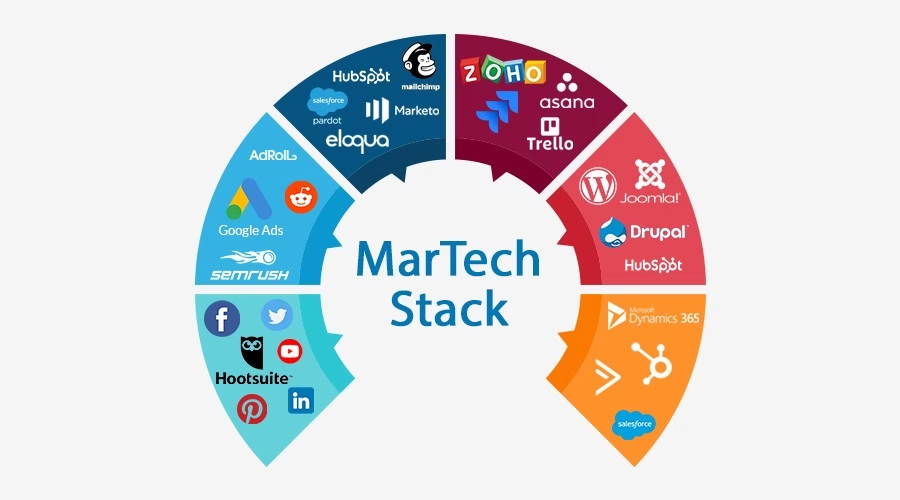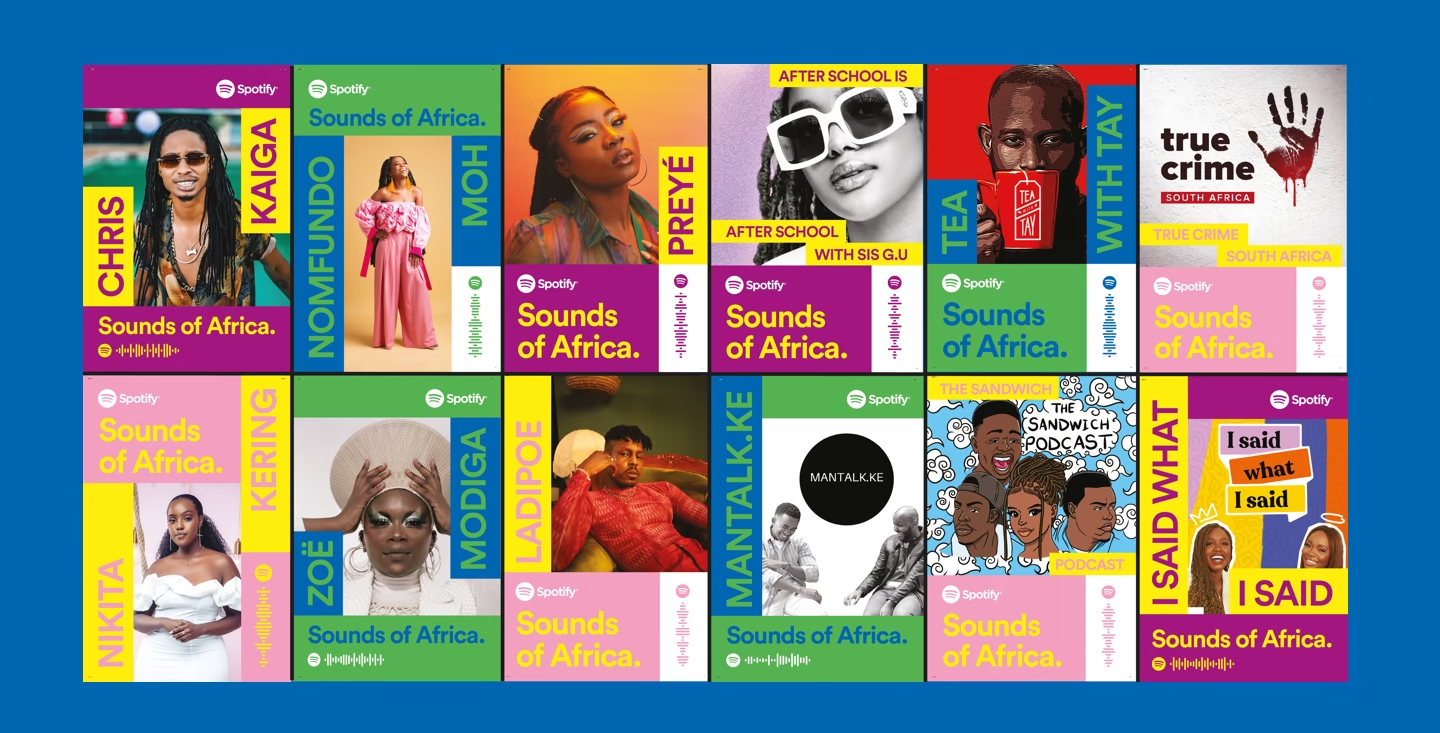Meta now allows content creators in Nigeria and Ghana to monetize on Instagram and Facebook, opening up new revenue streams and transforming the digital content landscape in Africa.
Meta is revolutionizing the digital landscape in Nigeria and Ghana by introducing new monetization features for content creators on its platforms, Instagram and Facebook. This significant change, implemented in 2024, marks a departure from previous restrictions that limited monetization opportunities for creators based in these countries. Previously, creators with Nigerian and Ghanaian addresses were barred from earning through Facebook unless they managed their pages from eligible countries.
The rollout of these monetization features was initially announced by Nick Clegg, Meta’s President of Global Affairs, during a March 2024 statement. He promised that the new opportunities would be available by June 2024, extending beyond Instagram and allowing eligible Nigerian creators to generate income from their content on Facebook as well.
With Facebook boasting over 50 million users in Nigeria and more than 10 million in Ghana, according to data from NapoleonCat as of May 2024, the potential for creators in these regions is vast. The sheer scale of these user bases presents an enormous opportunity for creators to leverage their content and tap into fresh revenue streams on Meta’s platforms.
The newly introduced monetization features allow content creators to earn through several channels, including in-stream ads and live ads on Facebook. In-stream ads provide an opportunity for advertisements to be placed within both new and existing videos, as well as live broadcasts. Meta’s sophisticated system automatically identifies natural breaks within videos for ad placement, although creators have the option to choose their preferred ad placements.
These ad formats include pre-roll ads that play before a video begins, mid-roll ads that interrupt the content, image ads that appear below the video, and after-roll ads that play following the main content. Earnings from these ads are influenced by factors such as advertiser demand and the number of views a video garners.
Beyond in-stream and live ads, creators can also generate income through ads on reels, bonuses, and subscriptions. This diversification of monetization options provides content creators with multiple avenues to boost their earnings on Meta platforms.
This expansion in monetization opportunities arrives at a time of notable changes in the tax landscapes of these countries. In April 2024, Ghana introduced new tax requirements for content creators and influencers earning income from platforms like YouTube, X, and TikTok. These tax obligations also extend to remote workers using freelancing platforms such as Fiverr and Upwork.
As monetization features on Meta platforms become widely available, it is anticipated that income earned by creators in Ghana—and potentially Nigeria—may also become subject to taxation.
Meta’s efforts to expand monetization are not limited to Nigeria and Ghana. During his March announcement, Clegg also highlighted that Kenyan content creators would be eligible to earn from Facebook and Instagram starting in June 2024, provided they meet the set eligibility criteria. This initiative follows a December 2023 report revealing that after a year of negotiations with the Kenyan government, Meta had reached an agreement to allow Kenyan creators to monetize their content on its platforms. Kenyan President William Ruto noted that this initiative would start with a trial program for qualified national creators, eventually expanding to offer broader monetization options.
As Meta continues to roll out its monetization features across Africa, content creators in these regions are poised to benefit from these new income opportunities. This expansion has the potential to transform the digital content landscape, offering creators the chance to turn their passion into a sustainable livelihood.
Stay updated with the latest news and technology trends by visiting 365marktech.africa and explore how these developments can impact your digital strategy.










